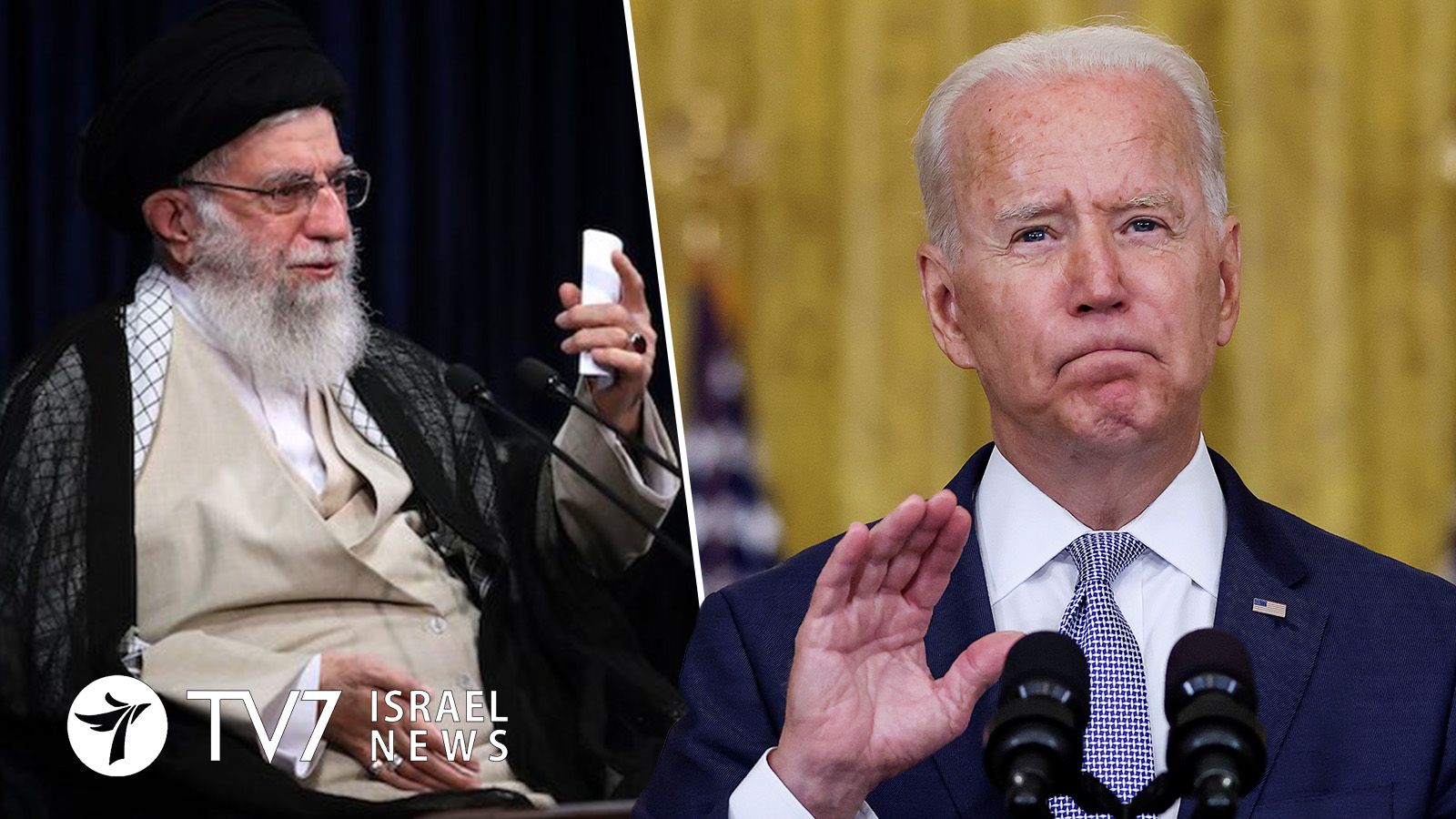Neither Washington nor Tehran are demonstrating much flexibility on core issues in indirect nuclear talks.
By Erin Viner
The most contentious points are outstanding after eight rounds of talks, raising concern of a wider Middle East war if the parties fail to reach compromise necessary to revive the 2015 Joint Comprehensive Plan of Action (JCPOA).
Major gaps yet to be bridged include the speed and scope of how the United States would lift sanctions on the Islamic Republic, Iran’s demand for a US guarantee that no further punitive measures would be imposed, as well as a timetable and plan for restoration of curbs on Iranian nuclear development.
Tehran openly violated restrictions on uranium enrichment activity after former US President Donald Trump abandoned the pact in 2018, saying it was too weak to prevent Iran from developing nuclear weapons and ballistic missiles program; and re-imposed sanctions that badly damaged Iran’s economy.
Iranian negotiators, nevertheless, deny any time pressure to revive the JCPOA, arguing that their economy can remain afloat despite US sanctions due to oil sales to China. A former Iranian official cited by Reuters said the Ayatollah rulers “are certain that their uncompromising, maximalist approach will give results.”
Israeli leaders have accused arch-foe Iran of stalling for time, as Western officials warn time is running out to restart the JCPOA due to the pace of Tehran’s nuclear gains.
US Secretary of State Antony Blinken said that while Washington still believes that revival of the nuclear pact with Iran is “the best thing for our security and the security of our allies and partners in the region,” there are just “a few weeks left” the “runway” to do so “is very short.”
“Iran is getting closer and closer to the point where they could produce on very, very short order enough fissile material for a nuclear weapon. And at the same time, they’re making advances that will become increasingly hard to reverse because they’re learning things. They’re doing new things as a result of having broken out of their constraints under the agreement,” Blinken said during an interview with the USc National Public Radio station yesterday.
If unable to return both the US and Iran “to mutual compliance” with the 2015 deal, the top American diplomat stressed that the White House is “looking at other steps, other options, again, closely coordinated with concerned countries;” in apparent reference to a so-called “Plan B” military action to prevent Iranian acquisition of nuclear weapons.
The Ayatollah regime has repeatedly threatened to annihilate the Jewish State. Jerusalem, which has long accused Tehran of never having abandoned its quest to atomic bombs, has vowed to obstruct by any means necessary.
The 16-day, 8th round of indirect negotiations of the Vienna Talks concluded earlier today.
